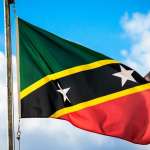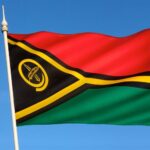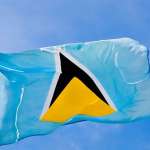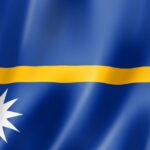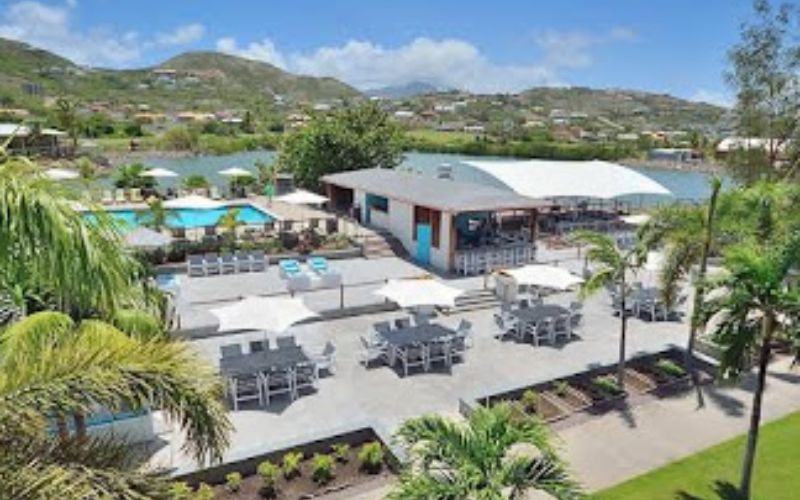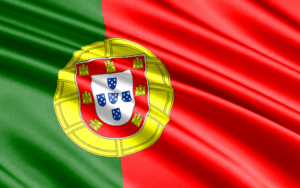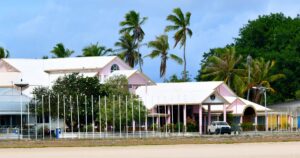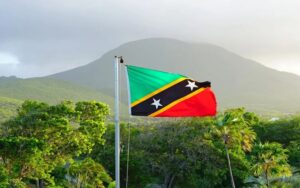A 401(k) or Individual Retirement Account (IRA), is a popular strategy among U.S investors to secure a golden visa investing in a Portuguese private equity or venture capital fund (500,000 euro).
Rollover
The first step is can convert your retirement fund to Self-Directed 401k (SDIRA) or Solo 401k which allows you to direct your retirement funds into a foreign country fund. A US company is used to own the self-directed IRA. LLCs must remain ‘in business’ to receive any interest and/or buy back.
Important
- A self-directed 401(k) provides several investment opportunities, including private loans and limited liability companies (eg. Delaware). However you need to be careful with the prohibited transactions set by IRS such as investing in life insurance, metals etc.
- Americans need to be aware that moving your 401(k) to an international fund will result in U.S. tax liability and possibly the 10% penalty for an early withdrawal.
- Withdrawing money from a traditional 401(k) before you turn 59 ½ years, can result in income taxes. Roth IRAs and Roth 401(K) withdrawals are taxed on distributions.
Steps to Transfer
- Create a Self directed (SIDRA) or Solo 401k structure. The choice of Solo 401(k) and a Self-Directed IRA (SDIRA) depends on your employment status, desired control, and overall retirement strategy.
- Open two companies (US and Portugal). SIDRA owns US LLC as sole owner with 100% ownership.
- Open two corporate bank accounts (US and Portugal).
- Authorise the transfer from SIDRA to US account and to Portugal accounts.
Please speak to your accountant or qualified expert.
A Self-Directed IRA is open to almost any investor with flexibility, while Solo 401(k) is designed specifically for self-employed individuals or business owners with no full-time employees, providing higher contribution limits and often simpler investment control.
Solo vs SIDRA
Here’s a quick comparison to help you decide which might fit your needs best:
| Feature | Self-Directed IRA (SDIRA) | Solo 401(k) |
|---|---|---|
| Eligibility | Available to most individuals with earned income | Only for self-employed or business owners with no full-time employees |
| Contribution limits | $6,500/year ($7,500 if age 50+) | Up to $66,000/year (2023 limits), plus catch-up contributions |
| Checkbook control | Possible, but requires IRA LLC setup | Often built-in, easier to manage directly |
| Required custodian | Yes — must have a custodian | Yes, but can be simpler in structure |
| Loan option | Not allowed | Allowed (up to $50,000 or 50% of account balance) |
| Administration | More oversight from custodian, strict transaction rules | Generally simpler recordkeeping and fewer restrictions |
| Best for | Diversified alternative investments for most investors | Maximum contributions and high control for self-employed investors |
Tax Treaty
US and Portugal has signed a tax treaty. You are not required to pay U.S. income taxes on your Portuguese-source income. This is because the United States and Portugal have a bilateral tax treaty.
We can arrange introduction to financial advisors and lawyers in US and Portugal.
AIMA
AIMA will be requesting the following supporting documents for fund investors
- If the investment is made under a single-member limited company (Sociedade Unipessoal por Quotas), then an excerpt from the commercial registry (Registo Comercial) is needed showing that the investor is the proprietor of the company.
- Statement from a Portuguese financial institution confirming an international transfer equal to or more than €500,000 into a bank account under the name of the main applicant
- Certificate from a fund manager of the units purchased, free of any liabilities
- Declaration from the fund manager proving that the fund qualifies for Golden Visa investment (at least five years lifetime, at least 60% invested in Portuguese companies, and a suitable capitalization plan)



